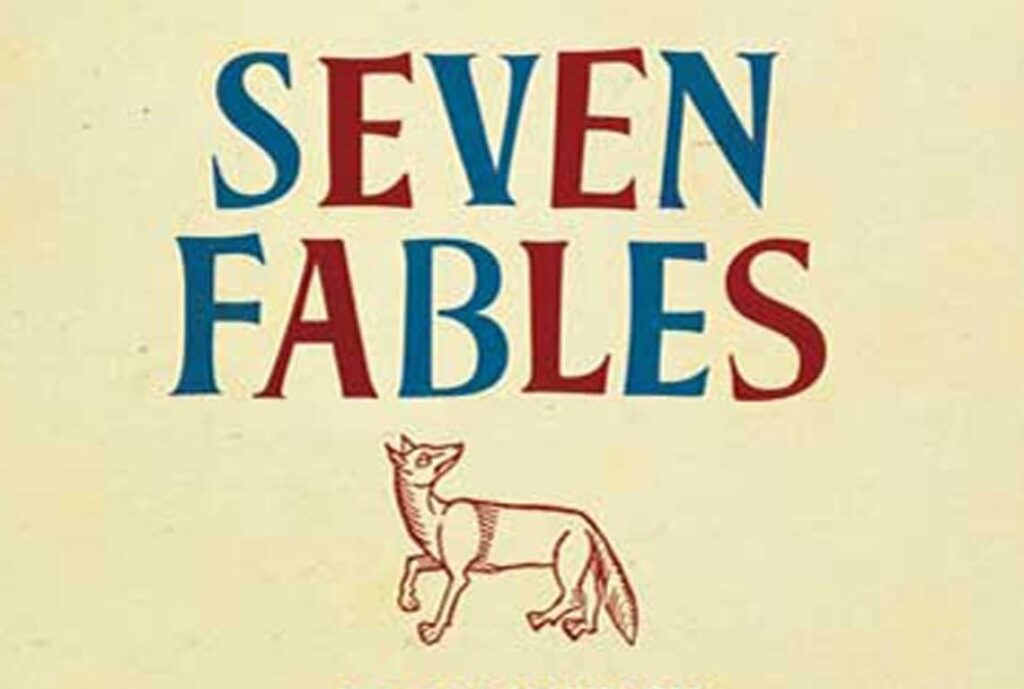The Testament of Cresseid & Seven Fables
by Robert Henryson, translated by Seamus Heaney
Farrar, Straus and Giroux, $25 (cloth)
Seamus Heaney’s version of Medieval Scots poet Robert Henryson is not just translation, but advocacy. Heaney says as much in his introduction, explaining his “modernization” of a work that is, by his own admission, “not, in fact, so opaque.” Indeed, reading Henryson’s Middle Scots (provided on facing pages) feels about like reading Chaucer in the original: challenging, but not exactly the Beowulf codex. Henryson himself was engaged in a kind of translation of Chaucer, adopting his subject (the doomed lovers Troilus and Criseyde), his stanza (rhyme royal), and his line (the pentameter Chaucer brought from the continent). In Henryson’s poems we sense the Gallic, Chaucerian, pentametrical shadow looming over the last vestiges of the alliterative Anglo-Saxon line. For his part, Heaney marshals a far more regular iambic pentameter. But where Henryson prefers true rhymes, Heaney rhymes slant or, sometimes, not at all, an effect that feels right when “deformed” meets “ringwormed,” but less so when we lose the original’s alliterative extravagance: where Henryson describes birds as “foulis fair, sa forcelie thay fle,” Heaney offers “Birds in their strength and beauty as they fly.” True, we may tend to absolve an exotic language for what we might fault in our own everyday language. Yet for over 40 years Heaney’s own poems have proven what lush strangeness can be extracted from workaday English, so that while Heaney has been criticized for remaking Beowulf in his own image, a 21st-century Henryson could do with a bit more of what readers have come to love in Heaney.








